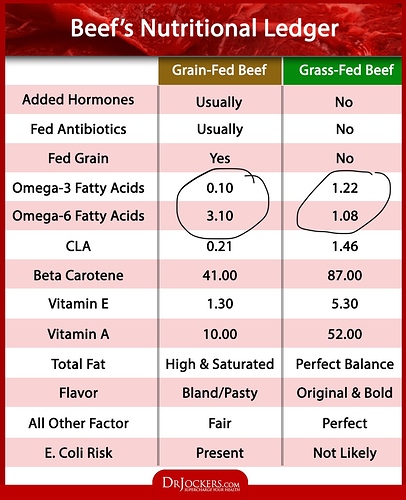Hi all. Newbie here. Thanks to Richard for answering my queries on messenger and steering me to the forum. I am a 61 yr old woman who has already lost about 15 kg (net - lost 20, gained 5) after being on a reality weight loss show last year. It was a crock of (insert expletive) as far as weight loss theory goes, but got me kick started out of a rut.
I suffer pretty serious depression which was worsened by my husband dying pretty quickly from cancer four years ago, and I also suffer severe PTSD due to my job (intensive care paramedic).
Both depression and PTSD LOVE carbs and G and T, so I descended into a bad place for a while.
Now off work and working to improve my health, and I know that LCHF is going to be a sustainable way to do that.
Losing weight reversed my NIDDM and hypertension, and my bloods are pretty jolly good now. My local doc is on board with my choices for treatment so that is good.
My only medication now is an antidepressant, and seriously want to get off that if I can elevate my mood with dietary management.
Thanks for reading this far, and I would love to hear of anyone who has had success, or knows of any studies that deal with this issue.
cheers all 




